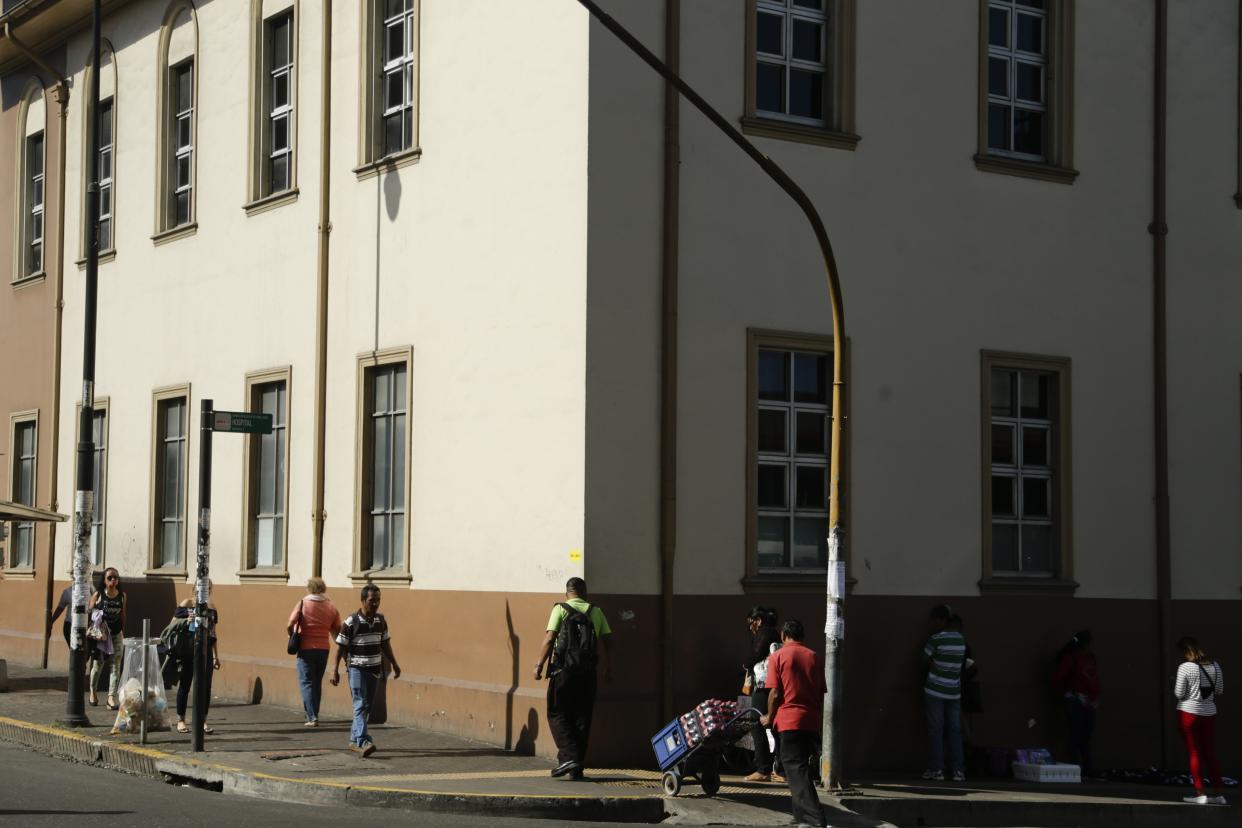Many Costa Ricans welcome court ruling that they don't have to use their father's surname first

SAN JOSE, Costa Rica (AP) — Many Costa Ricans on Friday welcomed a ruling this week by the country's Supreme Court of Justice eliminating the requirement that people use their father's surname before their mother's on identification documents.
In Spanish-speaking nations, people usually go by two last names. In Costa Rica, if a man were named José and his father's surname were Suárez and his mother's Ortiz, by law he would have been registered as José Suárez Ortiz. The court’s decision maintains the requirement to use both names, but allows citizens to choose the order, giving them the freedom to put the mother’s first, as in Ortiz Suárez.
On the street in the Costa Rican capital, San Jose, 48-year-old messenger Carlos Barquero said it may be difficult to get over the custom of putting the father's name first.
“But the truth is, it’s right to recognize the mothers and women in our society as well,” Barquero said. “I don't see any problem with people choosing the order."
The court modified a section of civil code mandating the order of the names, following a request for clarification from the country's elections board after a resident came to the board asking to change the order of their name.
The code was based on “customary practices based on patriarchal and archaic concepts of family, which discriminates against women and today is incompatible with the law of the Constitution,” the court said in a news release.
“Surnames form an inseparable part of the personality of human beings and their order is inherent to the fundamental rights to name and identity,” the justices added.
Also in San Jose, librarian Mayra Jiménez, 42, welcomed the ruling.
“I feel that this is a right and an opportunity for people who want, for one reason or another, to change the order of their last names, so that they can be comfortable with their identity,” Jiménez told The Associated Press.
Larissa Arroyo, a lawyer and human rights activist, said in a telephone interview that the ruling opens the door for many Costa Ricans who for various reasons might want to use the mother's surname first for themselves or their children.
Arroyo noted the ruling eliminates confusion when a child is born to a same-sex couple, in deciding who is the mother or father.
But it also eliminates a wider social pressure to carry on the last name of a family.
“This is related to the patriarchal issue of maintaining the family name, people spoke of 'the name disappearing,'" Arroyo said, referring to relatives who favor traditional name order — or who may want to pressure people into having children.
“This is because there is a huge pressure on someone, that goes beyond them as an individual,” Arroyo said.
This decision came after another bill passed the Human Rights Commission in Costa Rica’s congress last year which also proposed citizens be able to choose the order in which their names are placed.

